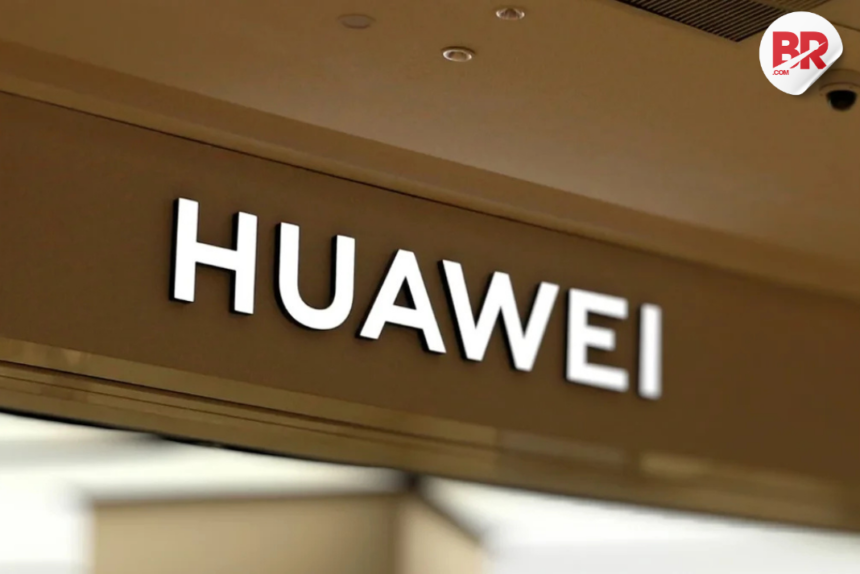
In a world where AI power is often locked behind paywalls, Huawei just flipped the script.
The Chinese tech giant has open-sourced some of its most powerful AI models. This includes the Pangu 7B dense model and the massive Pangu Pro MoE 72B model—both now available to the public. These models come with Huawei’s Ascend-based inference technology, a platform that forms the backbone of their AI infrastructure.

This isn’t just about code. It’s about control.
For too long, the world of large language models (LLMs) has been a playground for a few tech giants in the West. Most companies keep their models private, locking innovation behind closed doors. But Huawei is betting on the power of openness.
The company has released the model weights and core inference code for the Pangu Pro MoE 72B on an open-source platform. The Pangu 7B release is also coming soon. Developers, researchers, and partners around the world are invited to download, build, and improve together.
“This is not just an update—it’s a power move,” one tech blogger said online.
The Bigger Picture: Innovation vs Imitation
Huawei’s open-sourcing isn’t just a product launch. It’s part of a larger story—the fight between real innovation and lazy imitation.
While some firms flood the market with AI tools that are nothing more than wrappers around existing tech, Huawei is trying to build from the ground up—especially on the hardware front with its Ascend platform. This move also supports their long-term strategy: building an independent, self-sufficient AI ecosystem.
And let’s not forget the global stage. In a world increasingly divided by tech restrictions and geopolitical pressure, Huawei is using openness as a strategic flex.
Why It Matters for India and the World
For developers in India and other fast-growing economies, this is a big deal.
Access to powerful models like Pangu Pro MoE 72B means more freedom, fewer costs, and faster product development. Startups, universities, and even government projects can now tap into cutting-edge AI without needing Silicon Valley’s blessing.
Plus, it gives the AI world something it badly needs—healthy competition.
Most companies guard their AI like it’s nuclear tech. Huawei just dropped the launch codes.
Also Read Tencent in Talks to Acquire South Korean Gaming Firm Nexon: Report












